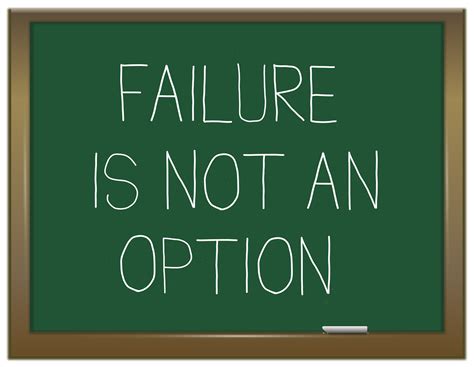In the realm of education, the report card serves as a pivotal assessment tool, providing students and their guardians with valuable insights into academic performance. While the coveted “A” grade may evoke feelings of triumph, it is equally important to address grades that fall below expectations. A failing grade on a report card is not merely an indicator of poor academic performance; it is a call to action, an opportunity for growth and improvement.

Understanding the Factors Behind Failing Grades
Identifying the underlying reasons for failing grades is crucial in addressing the issue effectively. Common factors contributing to academic struggles include:
-
Learning Disabilities: Challenges such as dyslexia, ADHD, or autism can impact a student’s ability to comprehend and retain information.
-
Emotional and Behavioral Difficulties: Anxiety, depression, or negative home environments can hinder concentration and motivation.
-
Lack of Motivation: Students who lack interest in the subject matter or feel overwhelmed by the workload may disengage and underperform.
-
Insufficient Study Habits: Weak time management, ineffective study techniques, or procrastination can impede students’ ability to grasp concepts.
-
Absenteeism and Tardiness: Missed classes or tardiness disrupt the learning process and create knowledge gaps.
Strategies for Overcoming Failing Grades
Addressing failing grades requires a multifaceted approach involving students, parents, and educators. Effective strategies include:
Create a Positive Learning Environment
- Provide a supportive and encouraging environment: Show that you believe in the student’s ability to improve.
- Set realistic goals: Break down large tasks into smaller, manageable chunks.
- Offer individualized support: Identify the student’s specific areas of weakness and provide targeted assistance.
Foster Effective Study Habits
- Establish a regular study schedule: Create a dedicated time and place for studying, free from distractions.
- Use effective study techniques: Encourage the use of note-taking, flashcards, and spaced repetition.
- Encourage peer collaboration: Facilitate study groups or pair the student with a tutor or mentor.
Address Underlying Issues
- Identify and address learning disabilities: Consult with school counselors, psychologists, or other professionals to assess and provide appropriate accommodations.
- Provide emotional support: Connect the student with counselors or therapists to address anxiety, depression, or other mental health concerns.
- Foster a positive home environment: Create a stable and nurturing home life that supports the student’s academic goals.
Common Mistakes to Avoid
In the pursuit of improving failing grades, it is imperative to avoid common pitfalls:
- Blaming the student: Focusing solely on the student’s shortcomings can disengage them and damage their self-esteem.
- Ignoring underlying issues: Failing to address learning disabilities or emotional difficulties perpetuates the problem.
- Overwhelming the student: Assigning excessive homework or creating an overly demanding schedule can lead to burnout and further discouragement.
- Punishing the student: Using negative consequences or harsh punishments can further demotivate the student and hinder their progress.
Frequently Asked Questions (FAQs)
- What should I do if my child is failing a subject?
- Communicate with the teacher to identify the underlying causes and develop a plan for improvement.
- How can I help my child overcome learning disabilities?
- Seek professional assessments and implement appropriate accommodations and support strategies.
- What are effective study techniques for students with ADHD?
- Break down tasks into smaller chunks, use visual aids, and incorporate movement and breaks into study sessions.
- How can I foster a positive home environment for my child?
- Provide a supportive and encouraging atmosphere, limit distractions, and set clear expectations.
- When should I consider seeking professional help for my child?
- If underlying emotional or behavioral issues are suspected, it is advisable to consult with a therapist or counselor.
- How can I stay informed about my child’s academic progress?
- Regularly review report cards, attend parent-teacher conferences, and communicate with teachers via email or phone.
- What are the benefits of individualized support for students?
- Tailored instruction and support can address the student’s specific learning needs and accelerate progress.
- How can I motivate my child to improve their grades?
- Set realistic goals, celebrate successes, and provide ongoing encouragement and support.
Conclusion
Failing grades on a report card are an opportunity for growth and improvement, not a sign of failure. By understanding the underlying causes, implementing effective strategies, and avoiding common pitfalls, students, parents, and educators can work together to overcome academic challenges and achieve success. Remember, the journey to academic excellence may not always be easy, but it is a journey worth taking together.
